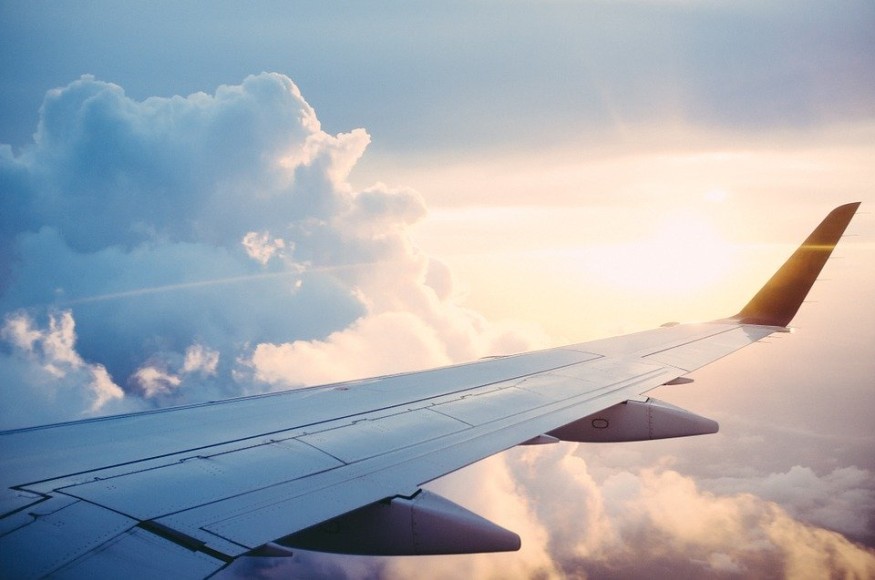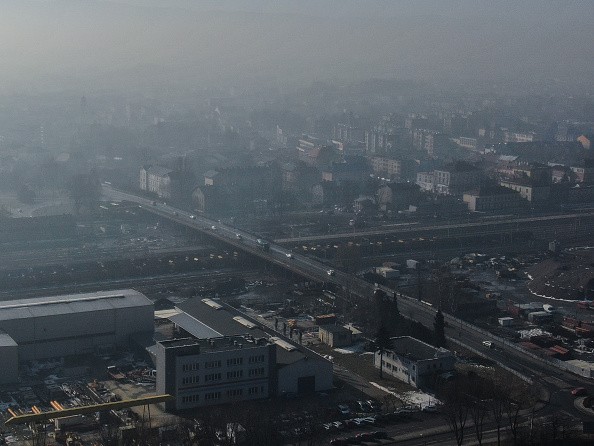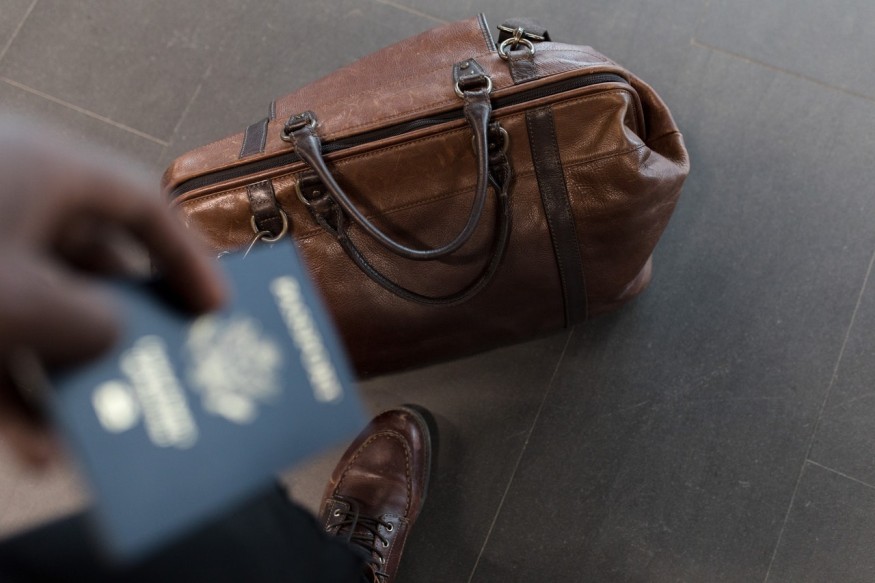As part of many climate and environmental initiatives, French MPs voted to not allow domestic airline flights on routes that can be traveled by direct train in less than two and a half hours.

The moratorium, a watered-down version of a central proposal from President Emmanuel Macron's citizens' climate conference, was introduced after a tense debate in the Assemblée Nationale over the weekend.
Short internal flights from Orly airport, south of Paris, to Nantes and Bordeaux, among other destinations, will be discontinued. In contrast, connection flights from Charles de Gaulle/Roissy airport, north of Paris, will begin.
Macron's climate commission had previously advised that all flights between French destinations be canceled if a direct train journey of less than four hours was available.
After heavy opposition from some regions and Air France-KLM, which, like other airlines, has been severely impacted by local and international Covid-19 travel bans, it was limited to two and a half hours.
Negotations

The French government agreed to a €7 billion loan for AF-KLM a year ago because such internal flights are discontinued; however, the decree would exclude low-cost carriers from serving the prohibited domestic routes.
Benjamin Smith, the CEO of Air France-KLM, has stated that the airline is committed to cutting the number of domestic routes in France by 40% by the end of this year.
"We choose two and a half hours because four hours threatens to isolate landlocked areas, including the greater Massif Central, which would be inequitable," Transport Minister Jean-Baptiste Djebbari told MPs.
Despite bipartisan resistance, the measure was approved as part of an environment and adaptation law. The action would have a "disproportionate human expense," according to Socialist MP Jol Aviragnet, who warned of work cuts in the airline industry. Some members of parliament, including those from the Green Party, argued that watering down the climate convention's recommendation rendered the measure useless.
Preemptive Measures
The measure had been "emptied," according to Mathilde Panot of the hard-left La France Insoumise. At the same time, her colleague Danièle Obono said that keeping the four-hour threshold would have enabled routes that "emit the most greenhouse gases" to be halted.
The French consumer group UFC-Que Choisir had urged MPs to keep the four-hour recommendation and give the new legislation "some substance while guarantees that SNCF would not take advantage of the potential to unnecessarily inflate costs or degrade rail service."
"The Covid-19 pandemic is worsening pre-existing environmental and social problems. It must cause us to reconsider our health plans to meet the burden of potential infectious-related health crises."
Comparing Planes to Trains

It went on to say that prohibiting domestic flights if a direct train option with a travel time of less than four hours existed would have a "real effect" on lowering CO2 emissions while having no negative impact on travel times or costs.
"On these lines, the plane emits 77 times more CO2 per passenger than the train, even though the train is cheaper and the time difference is just 40 minutes," the report said. "Our research reveals that the government's option is designed to deplete the measure's content."
In the official order, the exact routes that will be halted will be mentioned. Flights can proceed from Paris to Nice, which takes about six hours by rail, and Toulouse takes four hours by train.
Similar Initiatives

Other countries will be keeping a close eye on France's latest legislation. Last June, Austria's conservative-green coalition government imposed a €30 surcharge on airline fares for flights of less than 217 miles (350 kilometers), as well as a moratorium on domestic flights that could be completed in less than three hours by rail.
Meanwhile, the Netherlands has been attempting to ban short domestic flights since June 2013. Dutch MPs voted in 2019 to prohibit flights between Amsterdam's Schiphol airport and Brussels' Zaventem airport, a distance of 93 miles. However, the ban was not enforced because it was deemed to violate European Commission free-movement regulations.
Also Read : Traveler's Guide on Dealing with Stray Dogs
For the latest news from the animal kingdom, don't forget to follow Nature World News!
© 2025 NatureWorldNews.com All rights reserved. Do not reproduce without permission.





